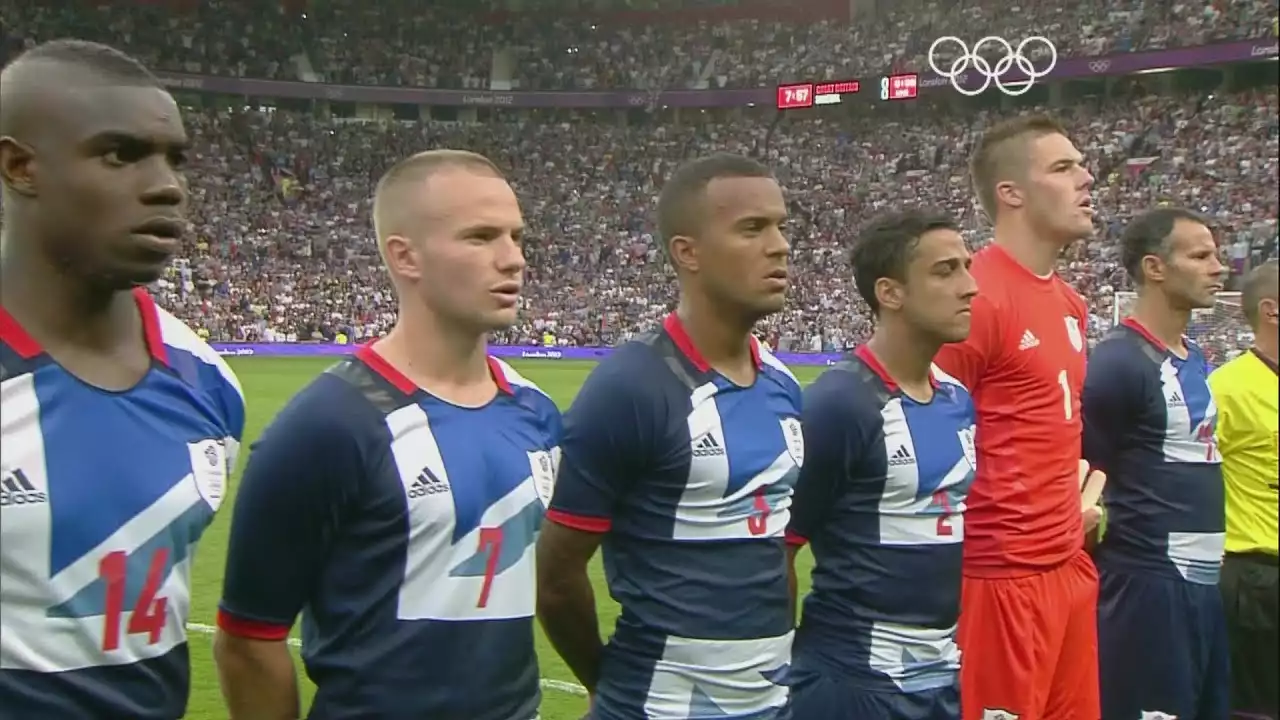The historical significance of Olympic football
Olympic football holds a special place in the hearts of fans and athletes alike. It is a chance for nations to showcase their talent and compete on the global stage. The sport has a rich history, dating back to the first modern Olympics in 1896. Since then, it has evolved and grown, captivating audiences with its thrilling matches and iconic moments. Olympic football has witnessed the rise of legendary players who have gone on to make a significant impact in the professional game.
Instance 1: World War I and the cancellation of the 1916 Olympics
The outbreak of World War I in 1914 had a profound impact on the world, including the cancellation of the 1916 Olympics. The war brought nations to a standstill, diverting resources and attention away from sporting events. Olympic football, which was scheduled to take place in Berlin, Germany, was called off indefinitely. The joy and excitement that usually accompanies the Games were replaced by the harsh realities of war.
Instance 2: World War II and the cancellation of the 1940 and 1944 Olympics
World War II, another global conflict that shook the world, also had a devastating effect on Olympic football. The 1940 and 1944 Olympics, originally scheduled to be held in Tokyo, Japan, and London, England, respectively, were canceled due to the ongoing war. The destruction caused by the war made it impossible for nations to come together in the spirit of friendly competition. Olympic football had to take a backseat as the world focused on rebuilding and recovering from the aftermath of the war.
Instance 3: The 2020 Tokyo Olympics and the COVID-19 pandemic
In recent times, the world faced an unexpected and unprecedented challenge in the form of the COVID-19 pandemic. The 2020 Tokyo Olympics, including the football competitions, were postponed to 2021 due to the risks posed by the virus. This decision was a difficult one, as it meant disrupting the carefully planned schedules of athletes and the anticipation of fans worldwide. The pandemic highlighted the vulnerability of even the most prestigious sporting events and the need to prioritize the safety and well-being of all involved.
The impact of these cancellations on Olympic football
The cancellation of Olympic football has far-reaching consequences. Athletes who have trained tirelessly for years to represent their countries are left disappointed and uncertain about their future. The financial implications for both the host nations and the International Olympic Committee (IOC) are significant, as they have invested substantial resources in organizing the Games. The absence of Olympic football also leaves a void in the sporting calendar, depriving fans of the opportunity to witness the best football talent from around the world.
Lessons learned from these instances
These instances of Olympic football cancellations offer valuable lessons. They remind us of the fragility of global events and the need for contingency plans in the face of unforeseen circumstances. The resilience and adaptability of athletes shine through in these challenging times, as they find alternative ways to stay motivated and continue their training. Olympic organizers must learn from these experiences to better prepare for potential disruptions in the future, ensuring the safety and well-being of all participants.
The future of Olympic football and potential challenges
Looking ahead, the future of Olympic football is both exciting and uncertain. The Olympic Games continue to be a pinnacle event for footballers, providing a platform for them to showcase their skills and represent their nations. However, the threat of wars, pandemics, and other unforeseen events looms large, posing challenges to the smooth running of the Games. Olympic organizers must remain vigilant and proactive in addressing these challenges, prioritizing the safety and well-being of athletes and stakeholders.
The unseen side of Olympic football reveals instances when the Games were called off due to unexpected circumstances. These events, whether caused by wars, pandemics, or political tensions, shed light on the challenges faced by Olympic organizers and the resilience of footballers. The impact on athletes, fans, and host nations is significant, and it unveils a different perspective on the Games. Despite these challenges, the spirit of unity and the power of the Games prevail, reminding us of the importance of coming together in times of adversity.






.png?size=50)



